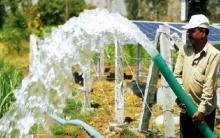‘हर बीज एक राजनीतिक बयान देता है’
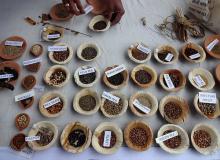
आलू जो कि बेल पर उगता है, चावल को पानी में भिगोने के बाद कच्चा खाया जा सकता है, दलिया (फटा गेंहू) प्राकृतिक रूप से मीठा होता है। यह सब सुनने में भले ही अटपटा लगे। लेकिन हमारे किसान सदियों से यह सब उगाते आ रहे हैं। इनके अलावा, ऐसी बहुत सी फसलें हैं जो कि खासतौर पर बीमारी से निजात पाने में मदद करती हैं और जिन्हें प्रतिकूल परिस्थितियों में उगाया जा सकता है। लाल चावल के बारे में आप क्या कहेंगे जिसे इसकी पौष्टिकता के चलते खासतौर पर गर्भवती महिलाओं के लिए पकाया जाता है? या धान जिसे सुंदरबन के खारे पानी में उगाया जा सकता है?


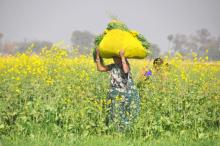

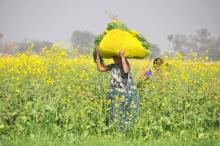
 Hardikar uses his two-decade experience of reporting on rural affairs to connect the everyday life of Ramrao to policy decisions, workings of market economy and climate crisis. Every year, an insidious new factor is added to the list of old reasons compounding the problem of the peasantry. Liberalisation, loan waivers, unchecked sale of spurious agro chemicals, demonetisation, pest attacks, all leave a mark on Ramrao who is also battling personal losses.
Hardikar uses his two-decade experience of reporting on rural affairs to connect the everyday life of Ramrao to policy decisions, workings of market economy and climate crisis. Every year, an insidious new factor is added to the list of old reasons compounding the problem of the peasantry. Liberalisation, loan waivers, unchecked sale of spurious agro chemicals, demonetisation, pest attacks, all leave a mark on Ramrao who is also battling personal losses.



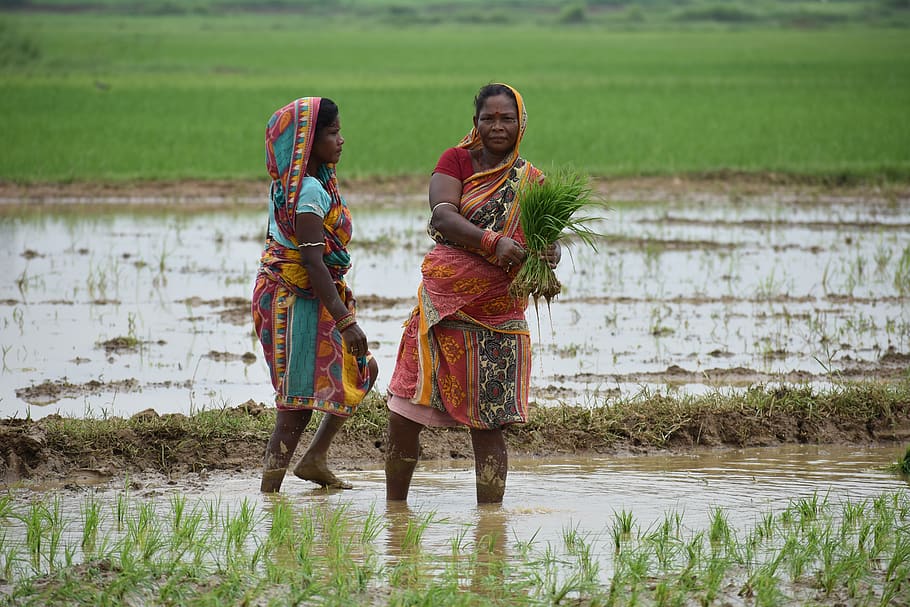 The states of Kerala and Telangana have created cooperatives of women farmers which has not only reaped financial benefits but also ensured better social status for the members. The women got familiar with farm practices, government institutes and private agencies, market negotiations and fund management, all of which helped them overcome gender, caste and class barriers
The states of Kerala and Telangana have created cooperatives of women farmers which has not only reaped financial benefits but also ensured better social status for the members. The women got familiar with farm practices, government institutes and private agencies, market negotiations and fund management, all of which helped them overcome gender, caste and class barriers
